8 important figures from gay history you might not have known
By Ben Kelly

Gay figures have made their names known throughout history, long before the modern liberation movement. From kings and emperors, to poets and painters, gay men and women have existed and made their mark on every patch of the earth for centuries. A new paperback, Gay Life Stories, explores over 80 of these lives – from the famous names of Oscar Wilde and Harvey Milk, to lesser known figures from ancient times, the Far East, and Africa. Here, we take a closer look at just a few of the lives explored in the book.
Socrates (c. 469-399 BC)
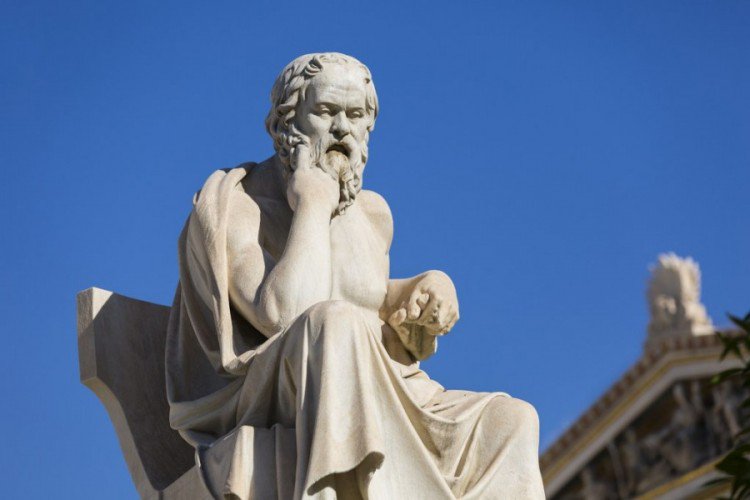
Considered by many to be the founding father of Western philosophy, Socrates lived in an ancient Greece where relations between older and younger men were considered an essential part of society, for the physical and intellectual growth of the younger. The mentor of Plato, Socrates appears in many of his works – notably Symposium – one of the earliest and most famous dialogues about same sex love. He believed earthly passions could help one reach divine enlightenment. However, it all went a bit pear shaped for old Socrates, and he was ultimately condemned by authorities to drink himself to death.
Frederick the Great (1712-1786)

Born in Berlin, this heroic Prussian ruler was known as ‘the soldier king’, for his courage in battle, though he also had a flair for music, and a strong love for his younger page boy. He was forced in to marriage by his father (Friedrich Wilhelm I) though he wrote to his sister that “there can be neither love nor friendship” between them. He is believed to have become intimate with many of his soldiers and praised “the gentle manners of Athens” in an autobiographical poem he wrote.
Anne Lister (1791-1840)
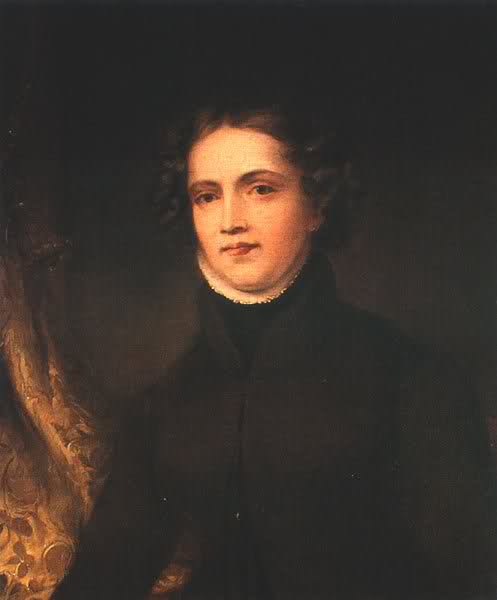
The daughter of a Yorkshire doctor, Lister was an extensive diarist who recorded her sexual desires and encounters in a numberic, algebraic and Greek code she devised for secret sections of a 4 million word diary. She continued her relationship with lifelong love Marianna after she married, until her husband barred the other woman from their home. She continued to see her, and embarked on a number of other affairs with women. She has been called ‘the first modern lesbian’ and her famous diaries offer a very alternative perspective on the Regency period of contemporary Jane Austen.
Walt Whitman (1819-1892)

“He is the grandest man I have ever seen,” said Oscar Wilde of his great literary predecessor, Walt Whitman. An earthy, rustic man from New York, Whitman’s poetry made unashamed reference to same sex desire, as part of his transcendental love of all things natural. He worked in field hospitals through the Civil War, and wrote erotic poems about many of the soldiers he encountered. His collection Leaves of Grass remains a classic, as does his famous elegy to the tragic President Lincoln. His Calamus poems in the 1860s were particularly bold for their time: “In the stillness in the autumn moonbeams his face was inclined toward me/And his arm lay lightly around my breast – and that night I was happy.”
T.E. Lawrence (1888-1935)
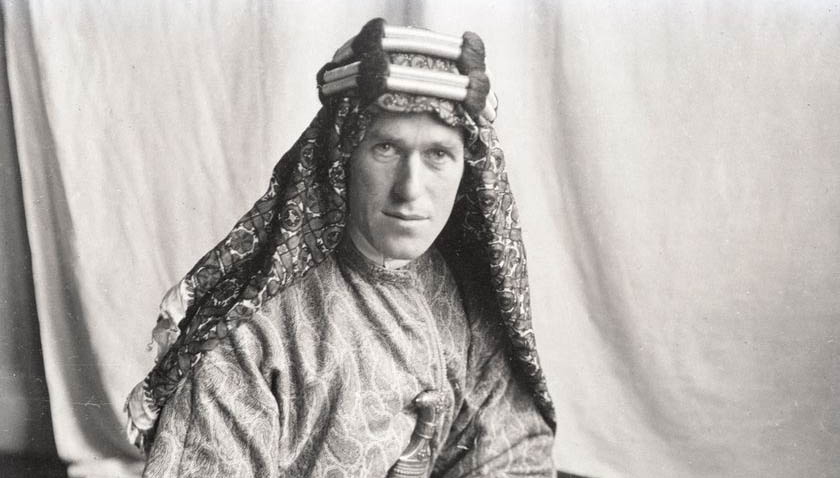
Born in Wales, the man we know as Lawrence of Arabia was an Edwardian military man, explorer and government adviser who traveled and worked extensively through the Arab world, where he explored his homosexuality with younger men there; some of which he documents explicitly in his book Seven Pillars of Wisdom. One lover, Dahoum, so enamored him that he brought him back to England to meet his family, and had a portrait of him commissioned. He told the poet Robert Graves that Dahoum was the only person he would ever love.
Radclyffe Hall (1880-1943)
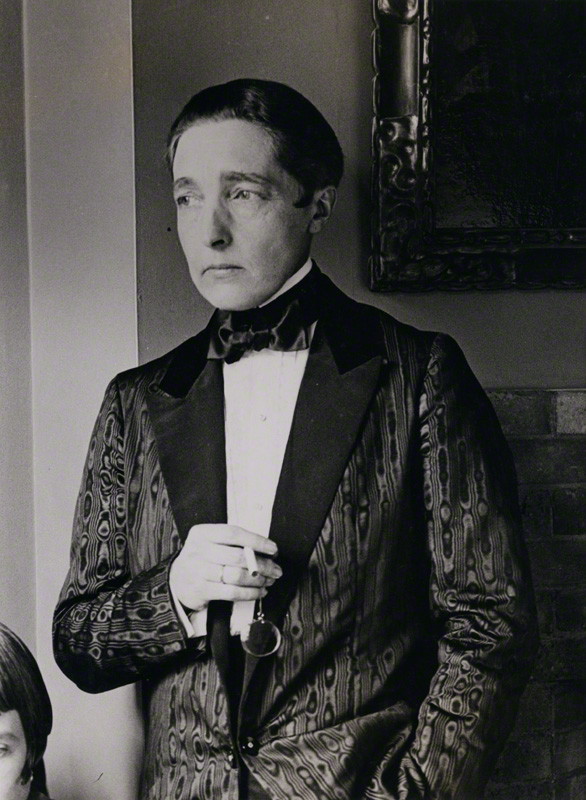
Hall had no doubt that she had been born ‘an invert’ and had relationships with women from very early on in her life. She also dressed in masculine attire and posed for photographs. Her novel The Well of Loneliness followed an upper class English woman exploring her same sex desires, and was extremely controversial upon publication in 1928. It was partly inspired be her own experiences, and concludes with the poignant line, “Acknowledge us, oh God, before the whole world. Give us also the right to our existence!”
Lily Wust (1913-2006) and Felice Schragenheim (1922-1944)
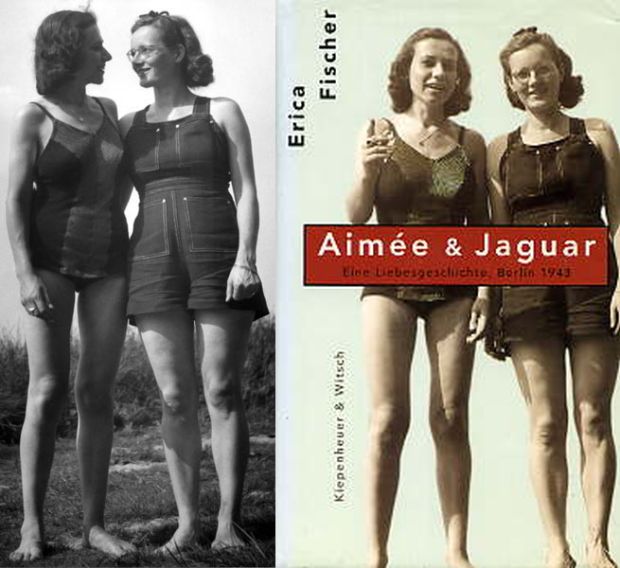
Lily Wust was an upstanding German citizen, who in 1942 was married to a Nazi soldier, but who secretly fell in love with another female, Felice Schragenheim, who happened to be Jewish. Lily secured a divorce and held a wedding of sort with Felice. They wrote letters and took photographs of themselves kissing. When Felice was taken away by the Nazis to Bergen-Belsen in 1944, Lily even attempted to follow her by train, but Felice perished. Living for many more decades, Lily often visited Berlin’s Jewish community as homage and in the early 1990s she gave her entire trunk of letters, diaries and photographs to a Viennese feminist which inspired the book Aimee and Jaguar. “I gave my story to the world,” Lily said. Her papers are now in the Berlin Jewish Museum.
Simon Nkoli (1957-1998)

Born in Soweto, South Africa, Nkoli came out to his parents as a teenager, and was briefly sent to African ‘healers’. He became involved in the anti-Apartheid movement in the 1980s, for which he was jailed. He believed the movement went hand in hand with gay liberation, saying, “If you are black and gay in South Africa, well, then it really is all the same closet.” Released from prison in 1988, he learned he was HIV positive, and established the AIDS Township Project and other initiatives for gay rights. He was received warmly by Nelson Mandela in 1994. South Africa was the first country in the world to outlaw anti-gay discrimination constitutionally, with the last anti-gay laws removed from the statute book in 1998, the year Nkoli died of AIDS.
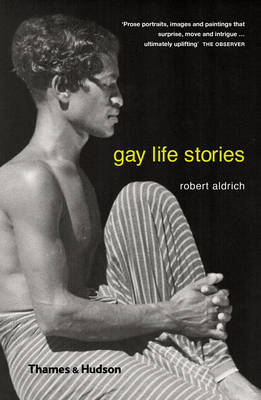
Gay Life Stories by Robert Aldrich is out now through Thames & Hudson.
More stories:
How common are open relationships among gay men really?
Watch the tear-jerking moment man realises public flash mob proposal is actually for him
